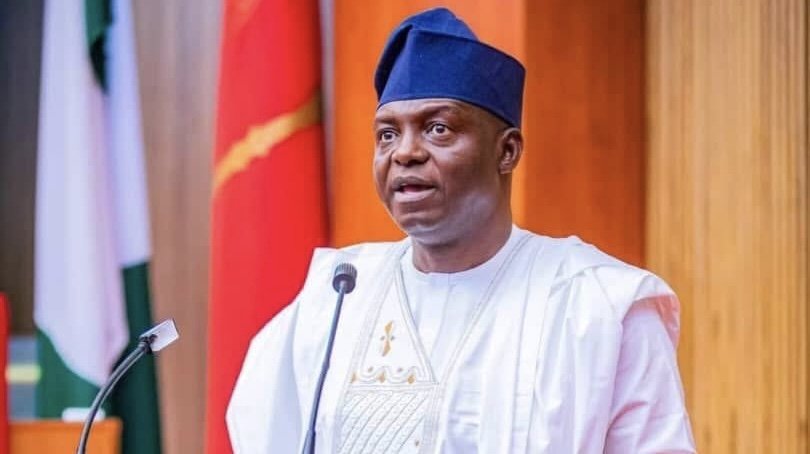Akwa Ibom State Governor, Umo Eno, has addressed criticism for reconciling with political opponents who previously worked against his interests. Speaking at a thanksgiving service in Uyo, marking the 38th anniversary of the state’s creation, Governor Eno asked for forgiveness from those offended by his actions and urged tolerance until the end of his term.
The governor emphasized the importance of putting the past behind and embracing magnanimity in victory, citing the need to rise above ethnicity, parochialism, and hatred. He cautioned against unending political acrimony, questioning the purpose of ongoing conflicts and meetings, and instead advocated for unity and cooperation for the common good of the state.
Governor Eno also addressed the issue of state creation, specifically the agitation for the creation of Obolo state out of Akwa Ibom. He stated that such efforts would not succeed, affirming that Akwa Ibom remains one and indivisible. The governor reiterated his commitment to the state’s interest, acknowledging that this may have led to offenses against certain individuals, and again sought forgiveness.
The governor’s remarks come as Akwa Ibom State prepares to celebrate its 38th anniversary, with a focus on unity and cooperation. Governor Eno’s call for forgiveness and tolerance reflects his administration’s efforts to promote reconciliation and stability in the state. As the state moves forward, the governor’s commitment to prioritizing the interest of Akwa Ibom is likely to remain a key aspect of his leadership.
In the context of Nigerian politics, Governor Eno’s stance on state creation and reconciliation is significant, as it highlights the complexities of regional identities and the need for effective governance. The governor’s message of unity and cooperation is likely to resonate with citizens of Akwa Ibom State, who are looking to their leaders to promote stability and development. As the state celebrates its anniversary, Governor Eno’s words serve as a reminder of the importance of putting the interests of the state and its people above personal and political differences.



